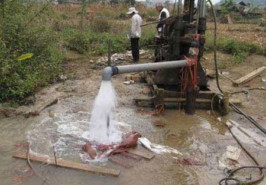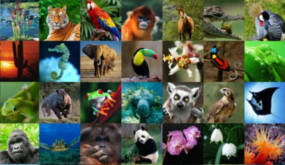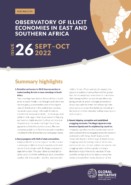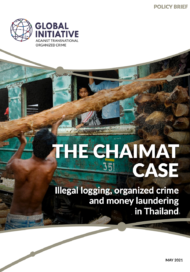Posted on 26 Aug 2016
Almost any long-term and sustainable solution to responding to illicit trafficking will require reducing demand for the contraband product. The most advanced thinking around demand reduction comes in regards to narcotic drugs, but it is equally the case for wildlife crime.
As the global poaching crisis reaches critical levels – as demonstrated in the Global Initiative’s recent report on rhino horn trafficking – addressing the crisis effectively will require strategies aimed at changing consumer behaviour. Research show that the power of the demand is the strongest driver of poaching and illegal wildlife trafficing.
To develop a structured approach, TRAFFIC and the GIZ have created a “Wildlife Consumer Behaviour Change Toolkit“, that is intended to be a comprehensive resource for all those in the ‘Community of Practice’ aiming to change consumer behaviour and reduce demand for illegal wildlife products. It brings together the key lessons learned around behaviour change on the demand side.
In its current form, the Toolkit provides a single point of reference through which the Community can access the latest research papers, case studies, news items, campaign examples, media articles, business reports, TED talks or Podcasts… plus many other information resources on those buying/using wildlife products and the behavioural change approaches that can be applied to influence them. In the future, the sites’ functionality will be extended based on user experience, needs and feedback.
The Toolkit is structured around the 5 key steps required to change consumer behaviour, and the resources are gathered under those sub-headings.
 Check out the toolkit at http://www.changewildlifeconsumers.org.
Check out the toolkit at http://www.changewildlifeconsumers.org.



